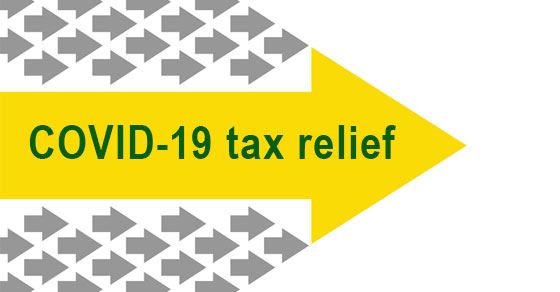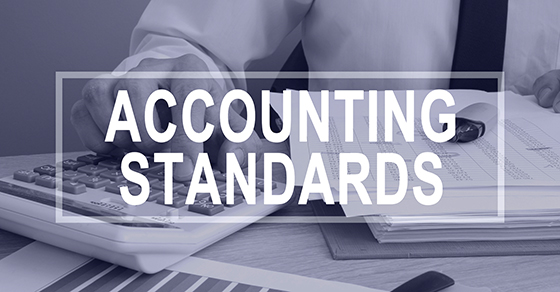The Coronavirus Aid, Relief, and Economic Security (CARES) Act, signed into law on March 27, 2020, contains several tax-related provisions for businesses hit by the novel coronavirus (COVID-19) crisis. Those provisions will also have an impact on financial reporting.
Companies that issue financial statements under U.S. Generally Accepted Accounting Principles (GAAP) are required to follow Accounting Standards Codification (ASC) Topic 740, Income Taxes. This complicated guidance requires companies to report the effects of new tax laws in the period they’re enacted. As a result, companies — especially those that issue quarterly financial statements or that have fiscal year ends in the coming months — are scrambling to interpret the business tax relief measures under the new law.
Overview of business tax law changes
The CARES Act suspends several revenue-generating provisions of the Tax Cuts and Jobs Act (TCJA). These changes aim to help improve operating cash flow for businesses during the COVID-19 crisis. Specifically, the new law temporarily scales back TCJA deduction limitations on:
• Net operating losses (NOL),
• Business tax losses sustained by individuals,
• Business interest expense, and
• Charitable contributions for corporations.
The CARES Act also accelerates the recovery of credits for prior-year corporate alternative minimum tax (AMT) liability. And it fixes a TCJA drafting error for real estate qualified improvement property (QIP). The fix retroactively allows a 15-year depreciation period for QIP, making it eligible for first-year bonus depreciation in tax years after the TCJA took effect. The correction allows businesses to choose between first-year bonus depreciation for QIP expenditures and 15-year depreciation.
These changes are subject to numerous rules and restrictions. So, it’s not always clear whether a business will benefit from a particular change. In some cases, businesses may need to file amended federal income tax returns to take advantage of retroactive changes in the law. In addition, a company’s tax obligations may be impacted by relief measures provided in the states and countries where it operates.
Impact on financial reporting
Under ASC 740, companies must adjust deferred tax assets and liabilities for the effect of a change in tax laws or tax rates. On the income statement side, the adjustment is included in income from continuing operations.
If your business follows U.S. GAAP, you’ll need to account for the effect of the CARES Act on deferred tax assets and liabilities for interim and annual reporting periods that include March 27, 2020 (the date the law was signed by President Trump). Also, certain provisions, such as the modified NOL and business interest deduction rules, may impact a company’s current taxes payable. Unfortunately, some companies may have difficulty accurately forecasting income or loss in the current period due to the economic disruptions caused by COVID-19.
Stay tuned
In the coming months, the Financial Accounting Standards Board (FASB) plans to focus on supporting businesses as they navigate the impact of the COVID-19 crisis and providing guidance to clarify financial reporting issues as they arise. We are atop the latest developments and can help guide you through your tax and financial reporting challenges.
© 2020
Stay up to date! Subscribe to our future blog posts!





